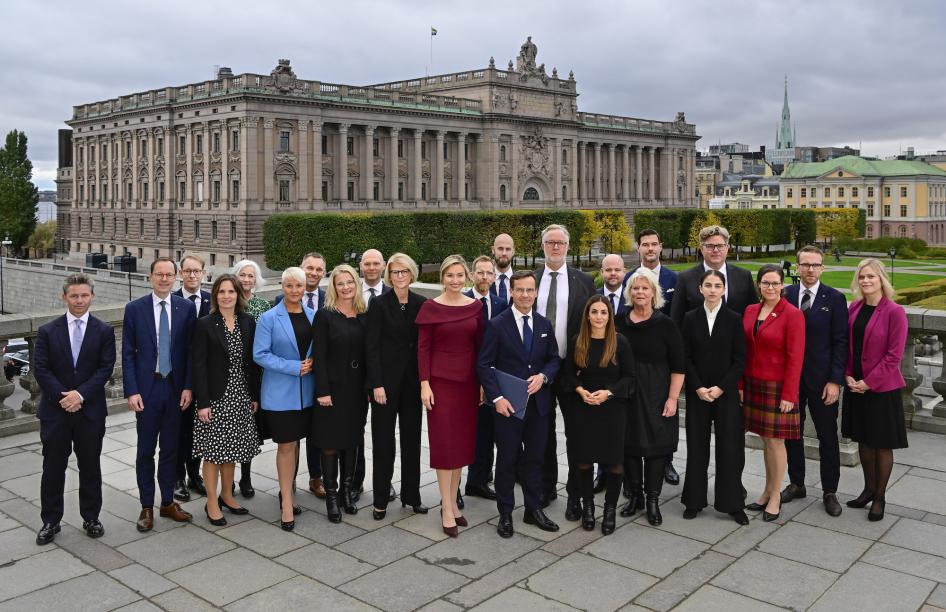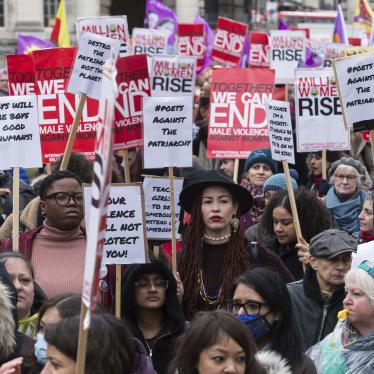In 2014, the Swedish government adopted the world’s first explicitly feminist foreign policy, an approach that aimed to address barriers to gender equality and include a gender perspective in all policy development and decision-making. Since then, countries like Canada, France, and Mexico have followed suit.
But with a new government at the helm, the tables are turning in Swedish politics. The country’s new Minister for Foreign Affairs, Tobias Billström, announced this month that Sweden will abandon its groundbreaking feminist foreign policy.
“Gender equality is a fundamental value in Sweden and also for this government,” Billström said to the newspaper Aftonbladet. “But we’re not going to continue with a feminist foreign policy because the label obscures the fact the Swedish foreign policy must be based on Swedish values and Swedish interests.” While it is still too early to say how this rhetorical shift will play out in practice, the rebranding is troubling.
Unlike his predecessors, Billström seems concerned that labeling the country’s foreign policy “feminist” competes with the primacy of Swedish values and interests rather than reflecting them.
Partly because of its feminist foreign policy, Sweden has gained an international reputation on women’s rights. The country was seen as a pioneer in recognizing that gender equality is crucial for broader foreign policy objectives, including security, prosperity, and sustainable development. Among its achievements are strengthened legislations on gender-based violence and increased focus on women, peace, and security in the UN Security Council.
Using the word feminism signals a promise to reflect women’s needs and interests in all policymaking. It also challenges gendered institutions and power hierarchies. Abandoning a feminist foreign policy is at odds with this ambition.
Against the backdrop of protests for women’s rights in Iran and Afghanistan, alongside rollbacks on reproductive rights in countries like the United States and Poland, advancing and protecting women’s rights should be every government’s priority.
While the government of newly elected prime minister Ulf Kristersson might no longer carry the feminist torch, it still needs to live up to its obligations on gender equality and the rights of women and girls everywhere.
Sweden’s landmark feminist foreign policy set a precedent for the entire international community. Its abandonment is a step in the wrong direction.









